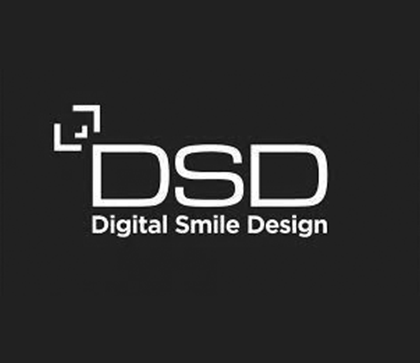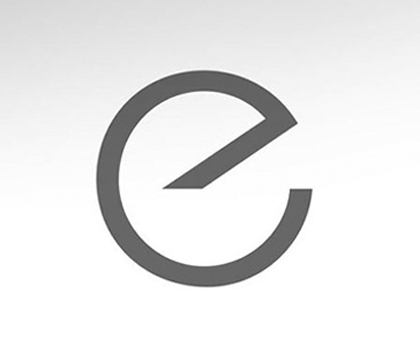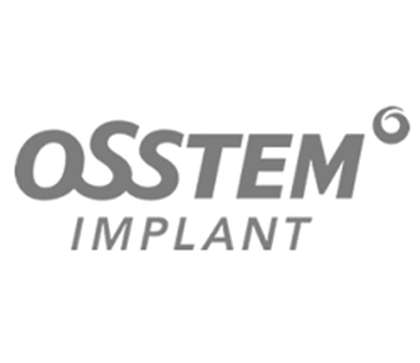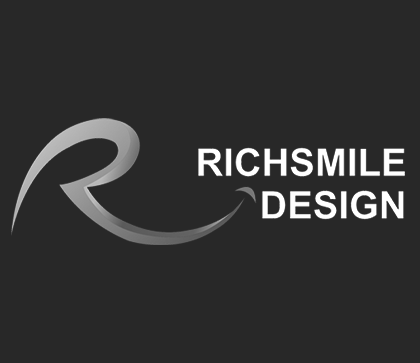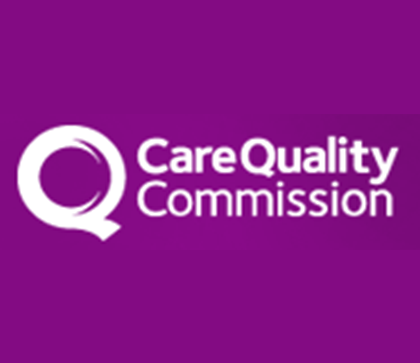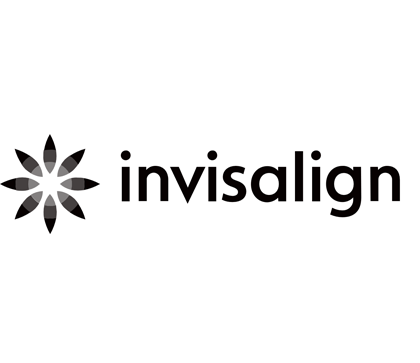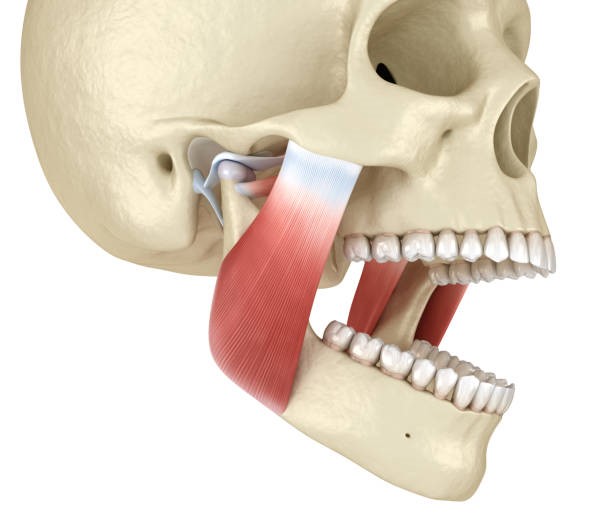
What is ‘Lockjaw’ and What Causes It?
September 9, 2024
Have you ever heard of the term “lockjaw”? Lockjaw, medically known as trismus, is a condition characterised by the reduced ability to open the mouth due to muscle spasms.
This condition can be quite alarming and uncomfortable, and it often requires the attention of a dental professional.
Understanding Lockjaw
Lockjaw occurs when the muscles of the jaw contract and tighten, making it difficult to open the mouth fully. This can lead to significant discomfort and can affect daily activities such as eating, speaking, and maintaining oral hygiene.
If you suspect you might be experiencing lockjaw, it is essential to seek the assistance of a dentist near you by doing a quick search for a “dentist near me” or a “dental practice near me” and visiting the nearest dental practice to get the appropriate care.
Common Causes of Lockjaw
There are several potential causes of lockjaw, and understanding these can help in preventing and managing the condition effectively:
1. Dental Infections
Infections such as pericoronitis, which affects the gums surrounding a partially erupted tooth, can lead to muscle spasms in the jaw.
Seeking treatment from an NHS dentist or a general dentist can help in addressing these infections promptly.
2. Trauma or Injury
Injuries to the jaw or the head can result in lockjaw. If you’ve experienced any trauma, it’s advisable to visit a dentist to ensure there are no underlying issues, you can search Smile Circle for a “dentist near me” or a “dental practice near me” to find the dentist nearest you.
3. Temporomandibular Joint (TMJ) Disorders
TMJ disorders affect the joint connecting the jawbone to the skull and can cause lockjaw.
Both general dentists and cosmetic dentists can provide treatments to alleviate the symptoms.
4. Tetanus
Although rare due to vaccination, tetanus can cause severe muscle spasms, including lockjaw. Immediate medical attention is necessary if tetanus is suspected.
5. Dental Procedures
Sometimes, prolonged dental procedures can strain the jaw muscles, leading to a temporary lockjaw. Consulting with a cosmetic dentist or general dentist can help mitigate this risk.
Seeking Professional Help
If you are experiencing symptoms of lockjaw, it is crucial to seek professional help. A qualified NHS dentist or general dentist can diagnose the cause and provide appropriate treatment.
In some cases, you might also need to consult a cosmetic dentist if the condition is related to dental aesthetics or restorative work.
Finding the right dental professional is essential for effective treatment. At Smile Circle, we understand the importance of trusting your dental care provider.
That’s why we connect patients with a network of private and NHS dentists who specialise in cosmetic and general dentistry. Whether you’re looking for a “dentist near me” or a “dental practice near me”, Smile Circle can help you find a dental professional near you to address all your dental needs.

For more information on finding a dentist near you, visit smilecircle.com. Smile Circle is here to help you find the dental professional you can trust, ensuring you receive the best care for all your dental concerns.

 Head Office - UK - Unit 1 B 132 Weyhill Road, Andover, Hampshire England, SP10 2PR.
Head Office - UK - Unit 1 B 132 Weyhill Road, Andover, Hampshire England, SP10 2PR. 

